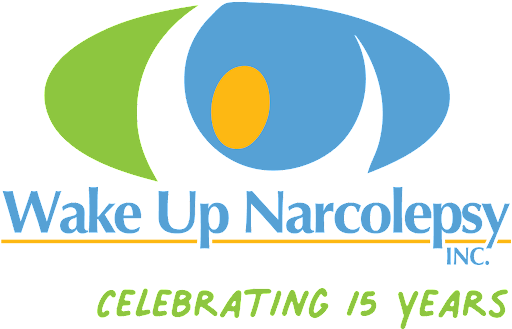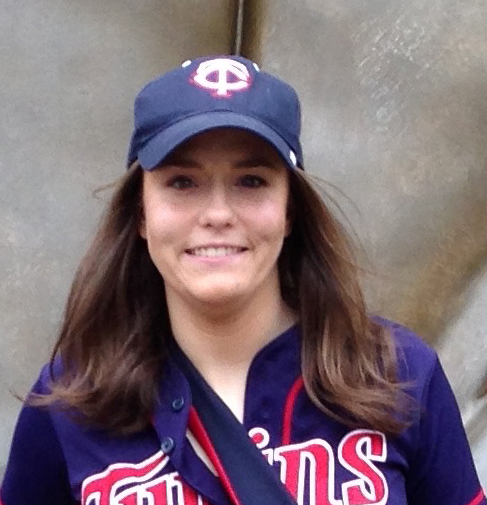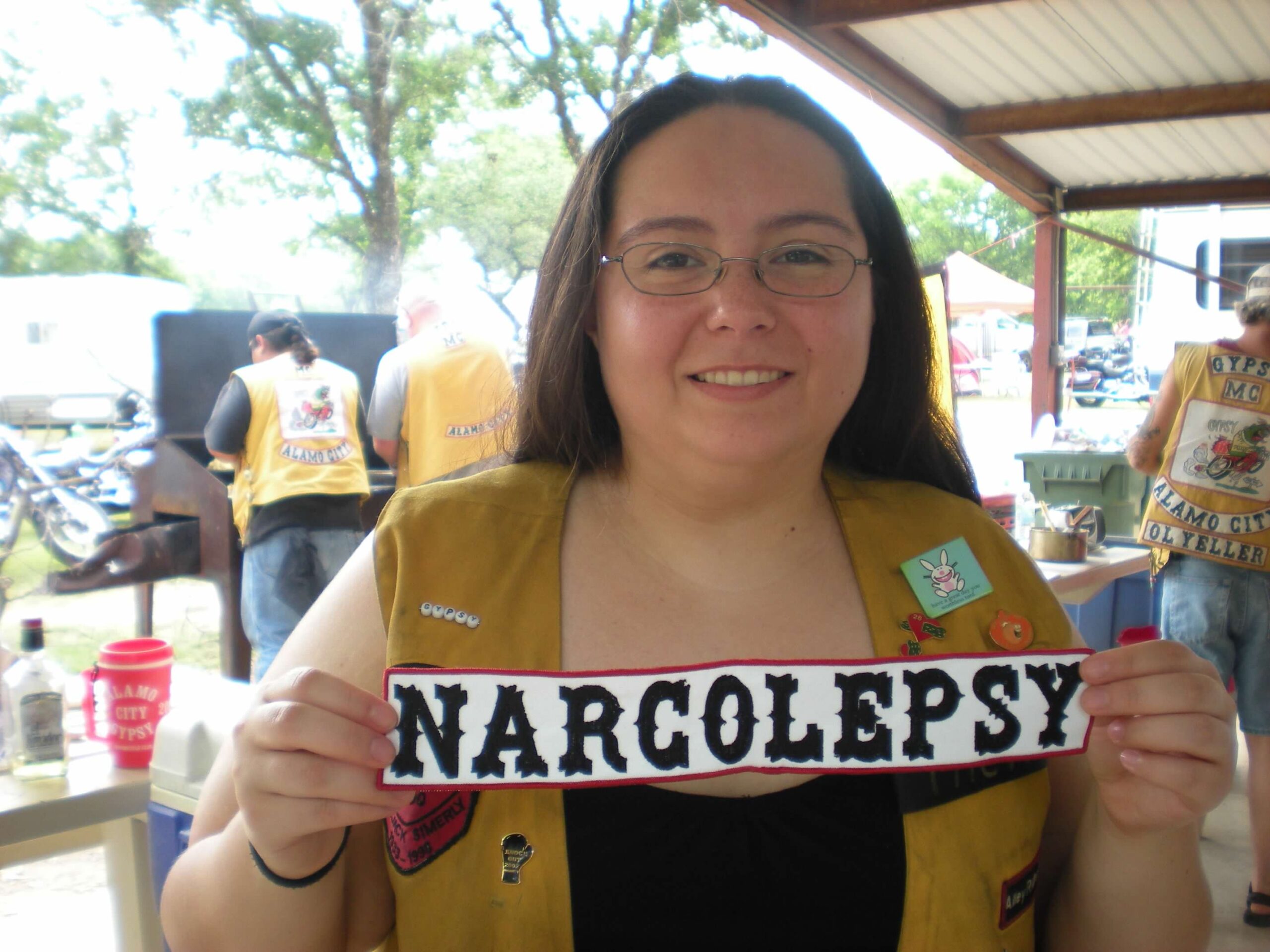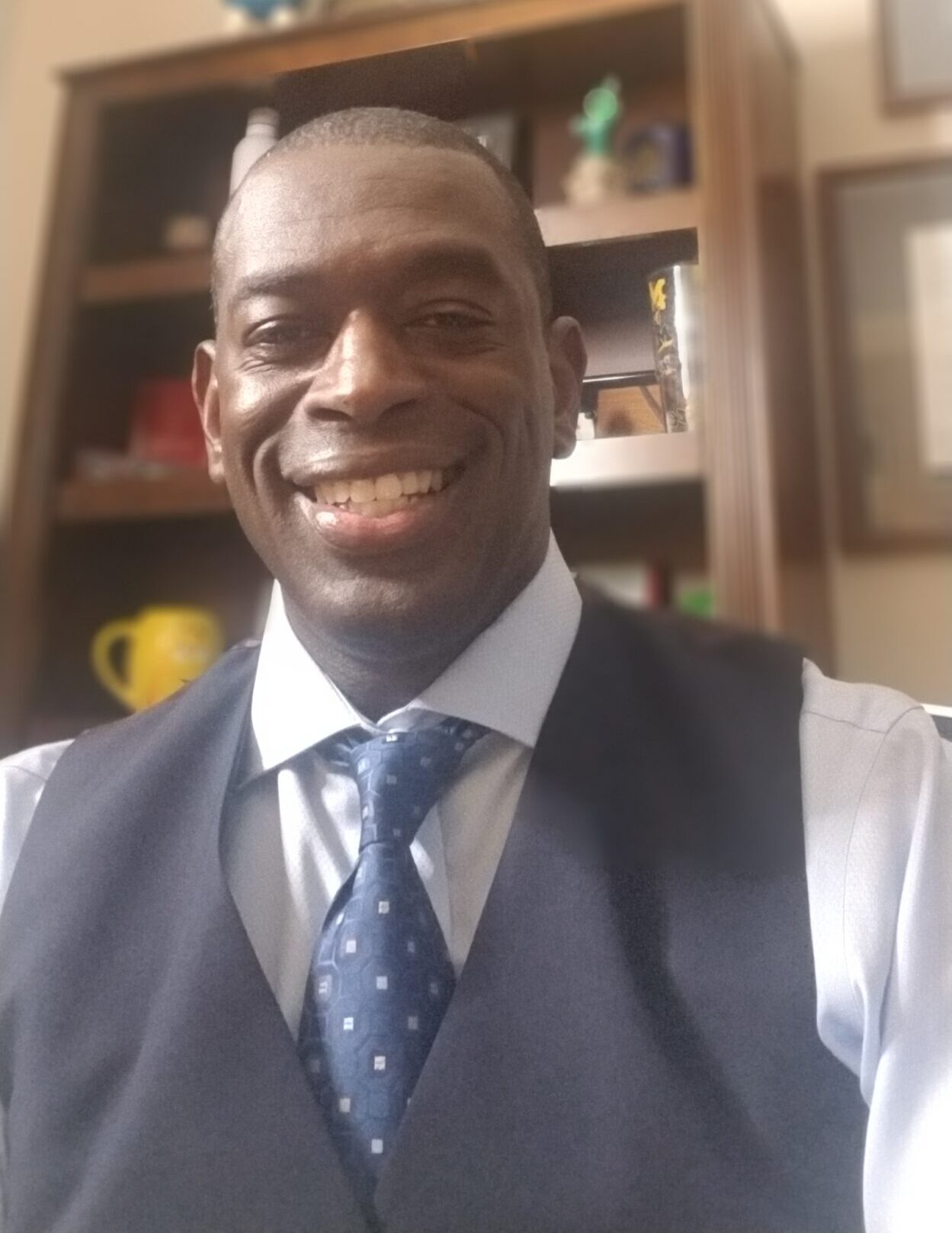Sep 20 2023
Narcolepsy Perspectives: World Narcolepsy Day 2023 Edition
h in Blogs
We are so excited to introduce our first edition of Narcolepsy Perspectives: A blog about anything & everything Narcolepsy!
As part of our World Narcolepsy Day 2023 celebration, we asked several members of the community about their experiences. Here’s what they had to say:
Describe a typical day in your life:
“A typical day with Narcolepsy for me has changed drastically over the years. Two years ago, I was blessed with a beautiful baby girl, and that changed everything. I set an alarm about an hour before she wakes up so my daytime stimulant can kick in and jump start my brain to be online so I can be present with my two-year-old.
I am the CEO of my own company, 3Z Realty and 3Z Property Management. Being my own boss means I can create my own work hours and meet with clients and schedule appointments around the times I am the most alert. I take at least two naps throughout the day, which helps to keep me going, but most of the time these naps are accompanied by sleep paralysis and hypnagogic and hypnopompic hallucinations.
Each day is a constant struggle with deciding when to take medication so I can be the most alert and strategically timing taking medication around driving, appointments with clients or being alert to enjoy time with my family, and particularly my child.
At night, I struggle with severe sleep paralysis. After trying almost every medication, I have settled on one that works, but that doesn’t go without side effects every second of every day.”
“Narcolepsy is a constant balance. A juggling act.”
- Katy Scruton, diagnosed with Narcolepsy Type 1 (Narcolepsy with Cataplexy) at 18 years old
What did your road to diagnosis look like?
“It happened overnight; suddenly I was exhausted and sleeping all the time. We knew something was wrong but didn’t know what.
Immediate thoughts were mono, but that wasn’t it, so I was checked for Lyme [disease] and every other thing imaginable until I was finally referred to a sleep specialist.
The sleep specialist suspected Narcolepsy within seconds and after some discussion, including how my knees buckled and jaw dropped sometimes, she then knew for sure.”
“Official diagnosis and treatment didn’t come until the formal sleep study about 4 months later.”
- Katie Lanzillo, diagnosed with Narcolepsy at 10 years old
What is your biggest challenge living with Narcolepsy?
“It has changed my brain. Fighting sleep dominated the first 19 years of my experience, but the ways it has affected my cognition have always been just as much of a challenge and still are.
I just cannot keep things organized in my head (or around me) anymore. My mind used to be so clear and worked without effort.
“I picture it as long hallways of shelves of files where I could easily access everything that had ever been in my mind in an instant. Then Narcolepsy came through like a tornado and now it’s all mixed up piles of loose papers and I can’t find anything or function in the chaos.”
I also really struggle to write now. I used to write easily and coherently without effort and now it is a miserable struggle to write anything—emails, essays, applications… even texts.”
- Ann Klaas, diagnosed with Narcolepsy in 2001
What do you wish other people knew about Narcolepsy?
“We wish they knew and understood the condition. It remains a total enigma to the general population.
Difficult to tell someone that hypersomnia is a life-altering problem when everyone sleeps. In their mind’s eye, they are like, ‘just wake up….don’t sleep…you’re lazy.’”
“They don’t understand how debilitating it can be.”
- Tony Richard and Sabrina Salvant, parents to a daughter diagnosed with Narcolepsy in 2022
What helps you feel most in control and best manage living with Narcolepsy?
“Being open with others that I have it, and how it affects me. I also do my best to answer any questions they may have.”
“People cannot help you or accommodate you if they do not know.”
- Janet Saenz, diagnosed with Narcolepsy Type 1 (Narcolepsy with Cataplexy) at 30 years old
What advice do you have for anyone who suspects they may have Narcolepsy, or may have just been recently diagnosed?
“I would tell them to find as much support as they can, and if they cannot find it with their family and friends, to find a Narcolepsy support group. Wake Up Narcolepsy has many different Narcolepsy support groups that you will surely find one that will meet your needs.
For example, I am an online Wake Up Narcolepsy facilitator for a Narcolepsy comorbidities support group for those with Narcolepsy and at least one other chronic condition.”
“The support group is a safe and lively place to be your authentic self without apology. I invite you to see for yourself!”
- Rorey Smith, diagnosed with Narcolepsy in 2021
We would like to thank everyone for their ongoing support of Wake Up Narcolepsy and encourage you to check out the rest of our World Narcolepsy Day 2023 celebration activities here!




